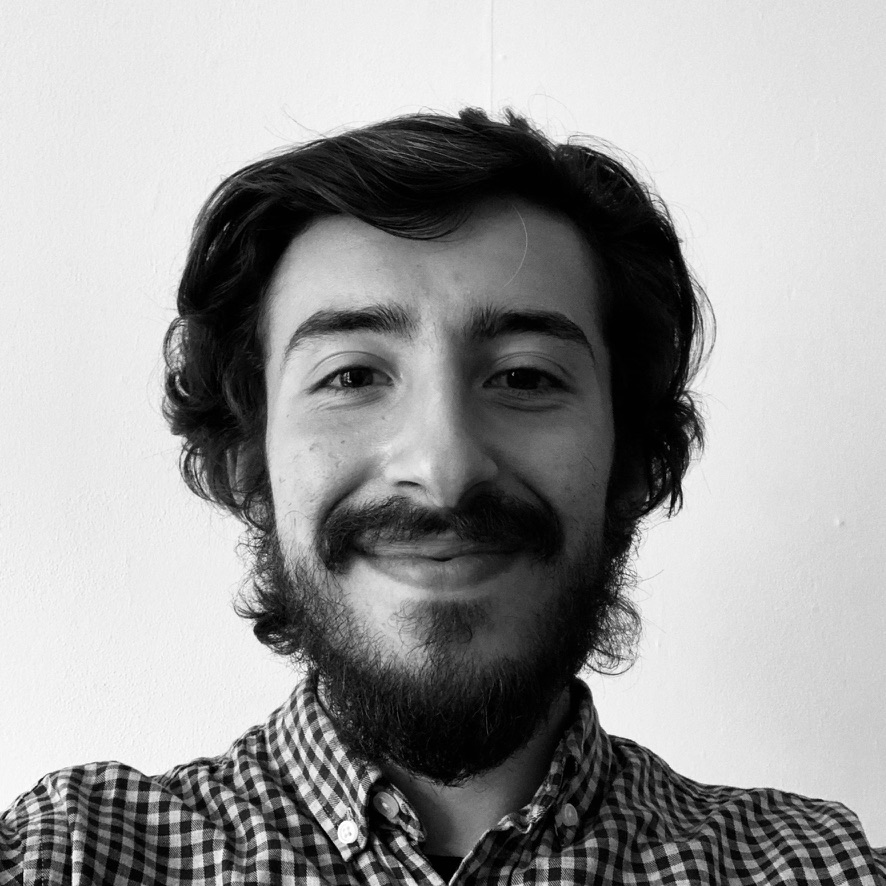
In this episode, Wikimedians Ewan McAndrew and Jason Evans unpack the role of languages in Wikipedia with Richard Nevell (Wikimedia Programme Director), Lorna Campbell (OER services manager) and three Translation Studies MSc students, Binjie Xiang, Huichao Wang and Nora Albawardi. This episode is the second of our Wikimedia Series, which aims to recontextualize Wikimedia’s role in academia on its 21st birthday.
English is by far the largest and most used Wikipedia, with over 6 million articles and 10 billion views per month. But its share of the Wiki space is actually declining – where it once held 50% of the Wiki space in 2003, it now holds lower than 11%. There are over 300 languages featured across Wikipedia, and today’s group came together to discuss the importance of having Wikipedia pages in multiple languages, along with the challenges and opportunities faced by smaller Wikipedias.
The group’s conversation begins with each member detailing why they believe it’s important to have Wikipedia pages in different languages. One reason relates to the knowledge, cultural identity and representation that would be lost if Wikipedia was only in one language. Additionally, having Wikipedias in multiple languages contributes to knowledge equity, as members of underrepresented groups should be able to participate in the creation and sharing of knowledge.
If we become monolingual society or a society that is dominated by a handful of larger languages, then we lose so much knowledge, we lose cultural identity, we lose representation. So it’s not just about translation. It’s really about being able to represent all those cultural aspects that go with and are inherent in that language.
Lorna Campbell
The conversation then turns towards the issues involved in translating pages, along with the challenges and opportunities faced by smaller and minority language Wikipedias. Does translation open the door to a more complete and diverse selection of sources? What role does machine translation play in the translating process? People typically edit Wikipedia independently, but is this in some ways a community event? And what opportunities are there in Wikipedia for indigenous languages?
This thought-provoking episode is an essential listen for anyone interested in digital representation, the ins and outs of translation and the role Wikimedia can play within academia.
The next episode of our Wikimedia Series, ‘Science communication, medicine… and Wikipedia?’, will be released next week.
Listen Now:
Transcript:
Ewan McAndrew, our Wikimedian in Residence, provided the following resources for anyone interested in further readings regarding Wikimedia and languages:
- Building bridges not walls – Wikipedia in Translation Studies
- Address Knowledge Gaps (Program)
- Growing Wikipedia Across Languages via Recommendation
- Videos on Wikipedia and Translation Studies
- Videos on Translation more generally
Participants:
- Ewan McAndrew, Wikimedian in Residence at The University of Edinburgh
- Richard Nevell, Programme Coordinator at Wikimedia UK
- Jason Evans, National Wikipedian at the National Library of Wales
- Lorna Campbell, OER Services Manager at The University of Edinburgh
- Binjie Xiang, Translation Studies MSc student at The University of Edinburgh
- Huichao Wang, Translation Studies MSc student at The University of Edinburgh
- Nora Albawardi Translation Studies MSc student at The University of Edinburgh
Series produced and edited by:
 ERIC BERGER
ERIC BERGER
Eric is a Mathematics and Statistics student at The University of Edinburgh, and a podcasting intern for Teaching Matters. Eric is passionate about university student mental health, interviewing researchers for the Student Mental Health Research Network at King’s College London, leading the University of Edinburgh’s WellComm Kings Peer Support Scheme, and conducting research on stigma for People With Mental Illnesses (PWMI). In his free time, he enjoys watching and playing sports, over-analysing hip-hop songs, podcasts, and any sort of wholesome shenanigans.


